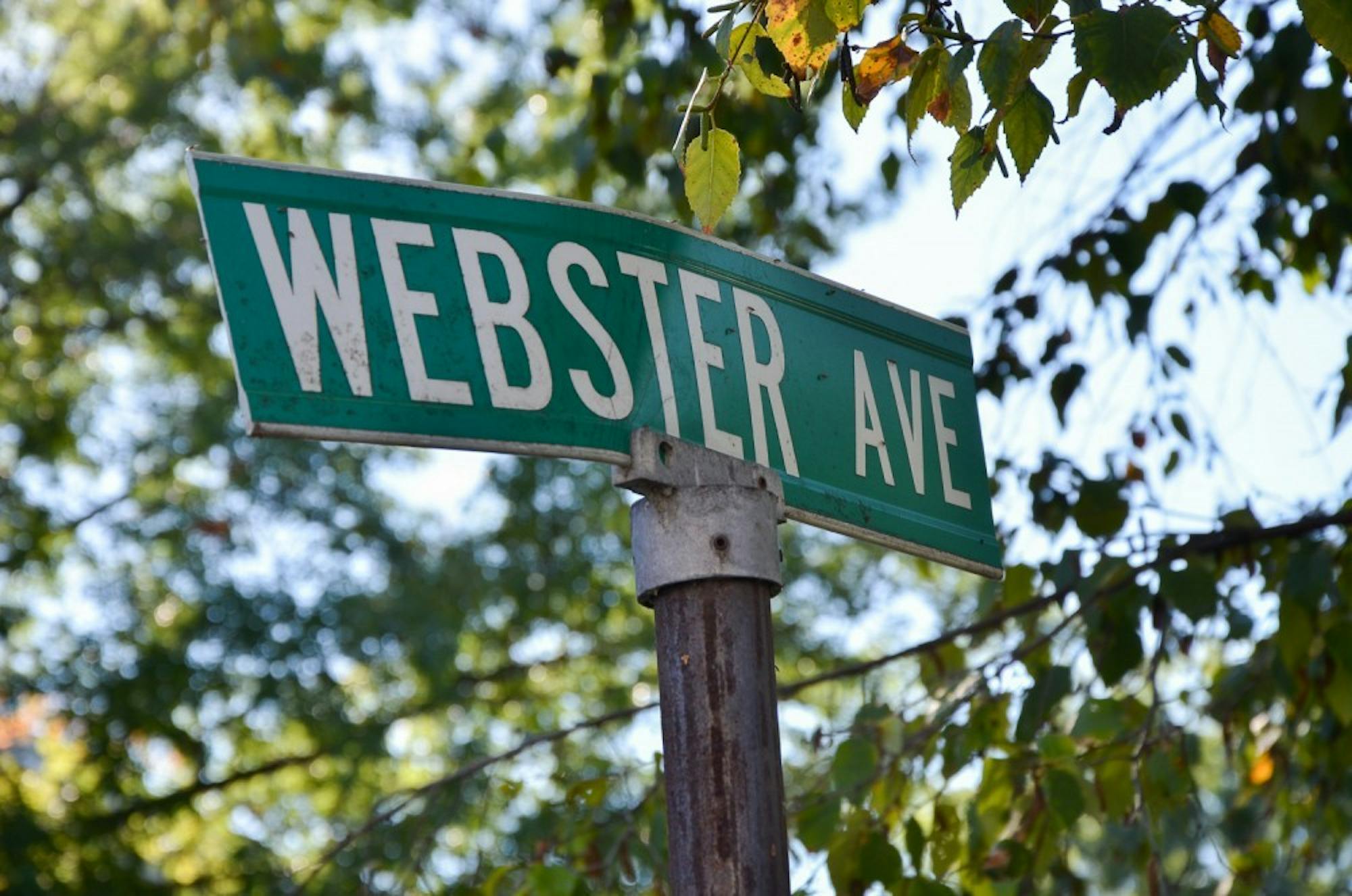Dartmouth’s eight Inter-Sorority Council sororities have issued a safety standards and events policy for holding social gatherings with other Greek houses after releasing four interim requirements in July. The list of ten requirements will serve as “mandatory, non-negotiable” prerequisites for hosting social events, according to the document, a copy of which was obtained by The Dartmouth and is available below.
Click on the PDF above to read the whole document.
According to ISC full-year president Molly Katarincic ’22, the new rules are not meant to be a “comprehensive solution” to sexual violence in Greek houses, but are a “temporary step.” She said that summer and full-year sorority presidents collaboratively wrote and edited the document, and that they hope it will spread organically across campus. Katarincic added that she shared the ideas from the document with Interfraternity Council, Gender-Inclusive Greek Council and National Pan-Hellenic Council presidents, and that they all were “super supportive” of the ideas presented.
The standards are divided into five categories: pre-event safety, the physical space of the house, sober individuals and resources, alcohol and water and accountability and consequences.
Before each event begins, designated individuals from all houses in attendance will be required to review the list of standards and perform a walkthrough to determine “if the event is safe to proceed.” Designated individuals include risk managers, social chairs or other appointed house leaders.
Katarincic added that if individuals from any house in attendance feel uncomfortable with their members entering the event space, they are “entitled to open a dialogue and cancel the event.”
The physical space section of the document states that lights must be on in all upstairs rooms of the hosting house and that all bathrooms must be clearly labelled, well-lit and clean. It also states that bathrooms must have intact resource posters and that rooms that are off-limits must be clearly marked.
As an extension of two of the interim requirements regarding risk monitors, the full policy requires the hosting house to send out the names, phone numbers and photos of all sober risk managers to the president of the visiting house. This information — which must also be available at the door — must be sent out no later than two hours before scheduled events. Individuals designated as sober risk managers, who are required to abstain from consuming alcohol or any other substance during events, will make “regular rounds of all physical spaces.”
In addition, the document includes a template of the resources that must be posted on all restroom doors of the hosting house. This template includes the names and contact information of the hosting house’s executive board and all trained sexual assault peer advisors in the house. Phone numbers for resources such as WISE, the Department of Safety and Security, Title IX and Dick’s House are also required.
According to the guidelines, all risk managers will be required to wear a vest that “clearly identifies them as a responsible resource while on duty.” Vests have not yet been provided to houses, Katarincic said.
The document also states that the hosting house must have individually packaged non-alcoholic beverages in “sufficient quantities such that both parties are satisfied during the pre-event walkthrough.”
Katarincic said that the authors of the document did not specify the quantity of non-alcoholic beverages or the space in which they should be available because they wanted people to see the standards as “reasonable.” If any house is uncomfortable with the quantity or placement of non-alcoholic beverages, then that house can “bring it up” during the pre-event walkthrough.
In its accountability and consequences section, the document states that if violations are identified, the hosting house will have the opportunity to correct itself and adhere to standards. Afterward, “relevant leadership” will meet to discuss a course of action that is consistent with the severity of the infraction, and the executive and risk teams of the house in violation are expected to plan for improvement. According to the document, houses will also maintain an incident log to keep track of violations and their context.
Katarincic said that she is not sure whether or not the incident log will be public, but said that there may be “legality issues” surrounding the circulation of such documents. She added that the preferences of survivors of sexual assault would also need to be taken into consideration if incident logs were to be made public.
This section also states that visiting houses may deem, at any point during an event, that the event is unsafe and communicate that to its members. Members of visiting houses may remain in the hosting house after such a decision has been reached, but “their continued presence is in no way indicative of the continuation of the Visiting Chapter(s) initially planned consent.”
The document includes a list of “future and long-term initiatives” including increased sexual violence prevention and safe consumption training for all risk managers and executive board members, databases of house-specific protocols, the implementation of quiet spaces in all houses and encouraging all houses to participate in wellness consultation with the student wellness center.
Phi Delta Alpha fraternity summer president Hayden Welty ’23 wrote in a statement that Phi Delt “[appreciates] ISC’s diligence in creating a thorough and productive set of policies, and [looks] forward to implementing them to improve the safety and enjoyment of our Greek space.”
The summer presidents of Sigma Nu fraternity, Kappa Kappa Gamma and Epsilon Kappa Theta sororities, and the Tabard gender-inclusive Greek house did not respond to requests for comment. IFC full-year president Danny Gold ’22 did not respond to a request for comment. The summer presidents of Alpha Xi Delta and Sigma Delta sororities directed requests for comment to the ISC.

Lauren ('23) is news executive editor for The Dartmouth. She is from Bethesda, Maryland, and plans to major in government and minor in public policy.




